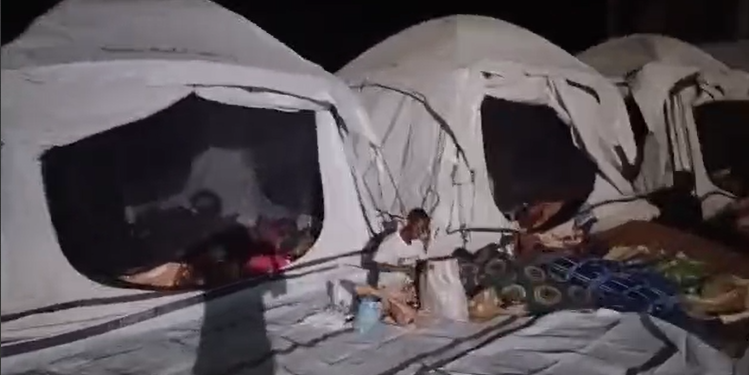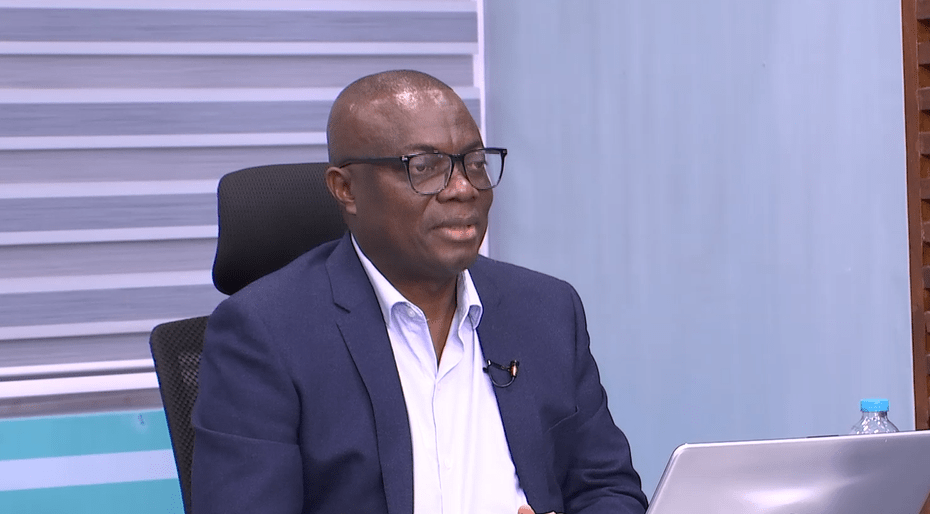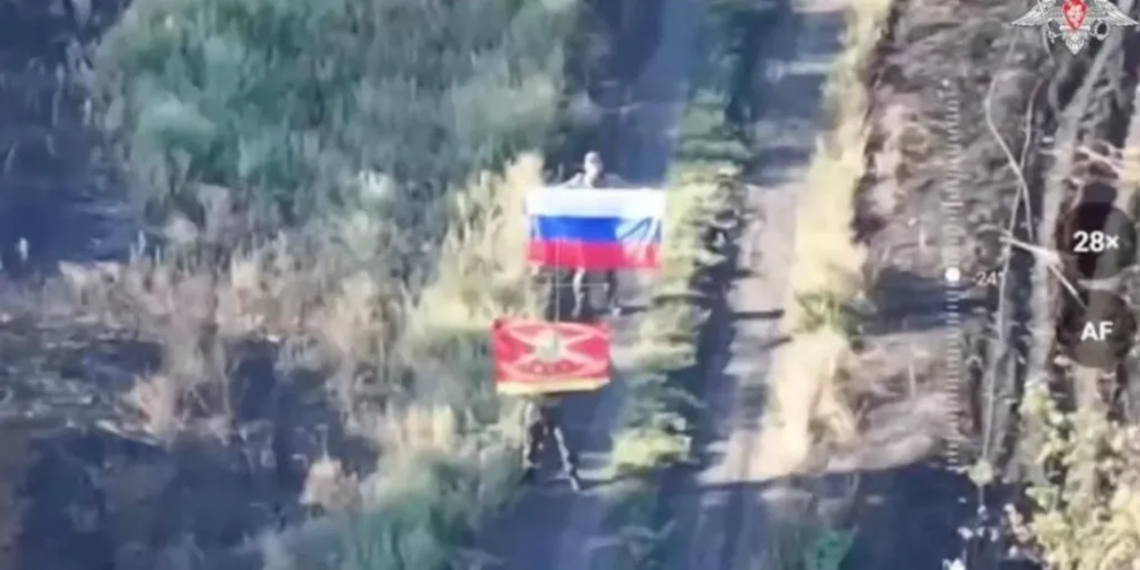Violent ethnic clashes triggered by a disputed land sale in northern Ghana have left six people dead and at least 18 injured, prompting the Ghana Red Cross Society to establish emergency shelter for hundreds of displaced residents.
The unrest erupted Sunday in Gbiniyiri, a town in the Savannah Region, where simmering tensions between the Gonja and Brifo communities escalated into open conflict. Police say the violence stems from a controversial land transaction allegedly authorized by the local chief. By Tuesday, the chief’s palace had been set on fire, deepening concerns of a broader regional conflict.
A makeshift tent has been set up at the Sawla District Police Headquarters to house women and children who fled the area on foot. Many of the displaced, some traveling dozens of miles, sought protection from security forces amid fears of reprisals and ongoing arson attacks. Witnesses report homes and personal property have been looted or destroyed.
Security agencies have confirmed six fatalities—five on the day the clashes began, and a sixth early Monday following another shooting. Several of the wounded remain in critical condition, suffering from gunshot and machete injuries.
The Ghana Police Service, backed by military units, has deployed a joint task force to the area. But the dispersed nature of settlements in the region has complicated efforts to stabilize the situation.
“The terrain and scattered communities pose logistical challenges,” a senior police official said. “Nonetheless, we are committed to restoring order and preventing further violence.”
The Inspector-General of Police visited the conflict zone earlier this week, offering assurances of government support. Meanwhile, the Sawla-Tuna-Kalba District Security Council (DISEC), in coordination with regional authorities, is in ongoing discussions with traditional leaders to mediate the dispute.
The Ghana Red Cross, which has pledged continued support, said its priority is aiding vulnerable populations, especially women and children forced to flee. Aid workers are currently distributing basic supplies and coordinating with local officials to assess further humanitarian needs.
Authorities have urged both factions to exercise restraint and pursue dialogue. But with tensions still high and residents reluctant to return home, the road to resolution appears uncertain.













